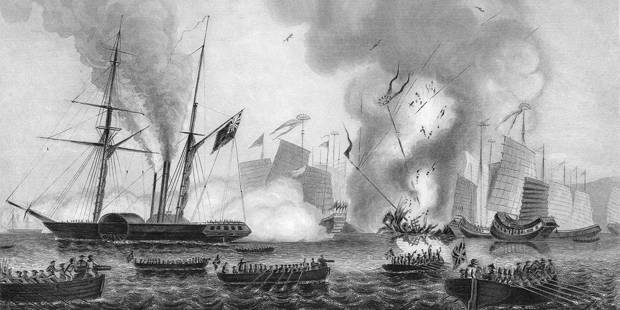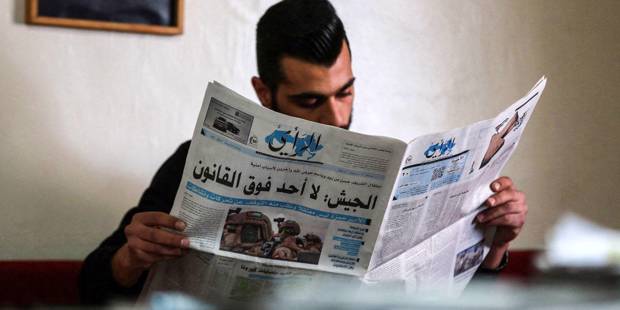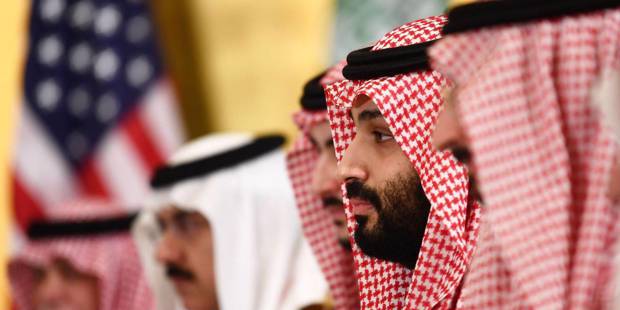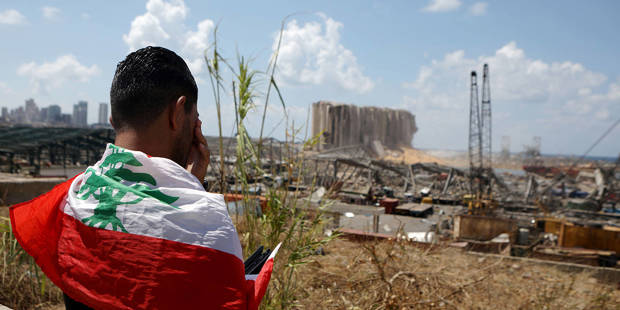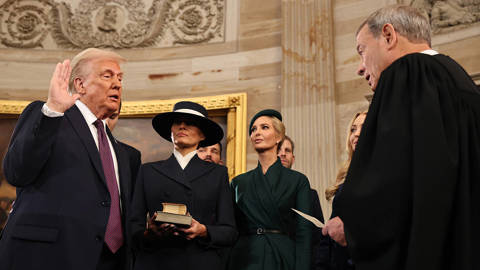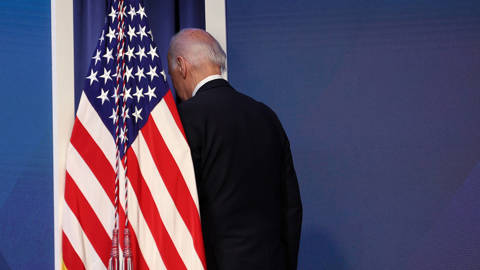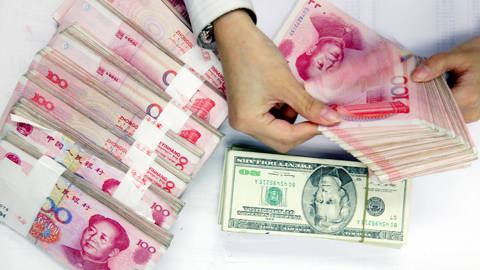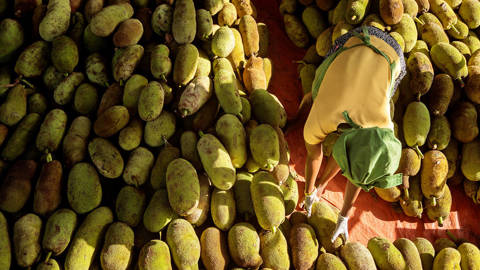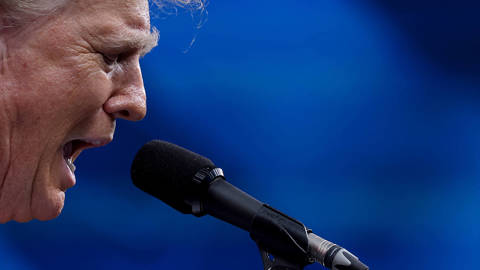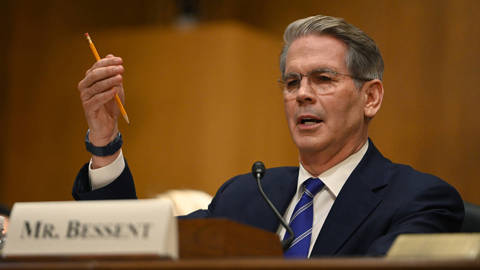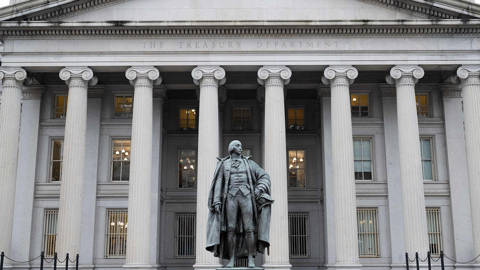How Singapore Impresses
It's worth bearing in mind that "jay-walking" was (and is) an American concept — and I rather admire New Yorkers' independence of spirit as they blithely ignore the law. Happily, jay-walking is not illegal in the UK, where pedestrians are expected to use their commonsense. When I lived in Singapore I was always amused by the docility of pedestrians as they waited seemingly forever for permission to cross an empty road.
